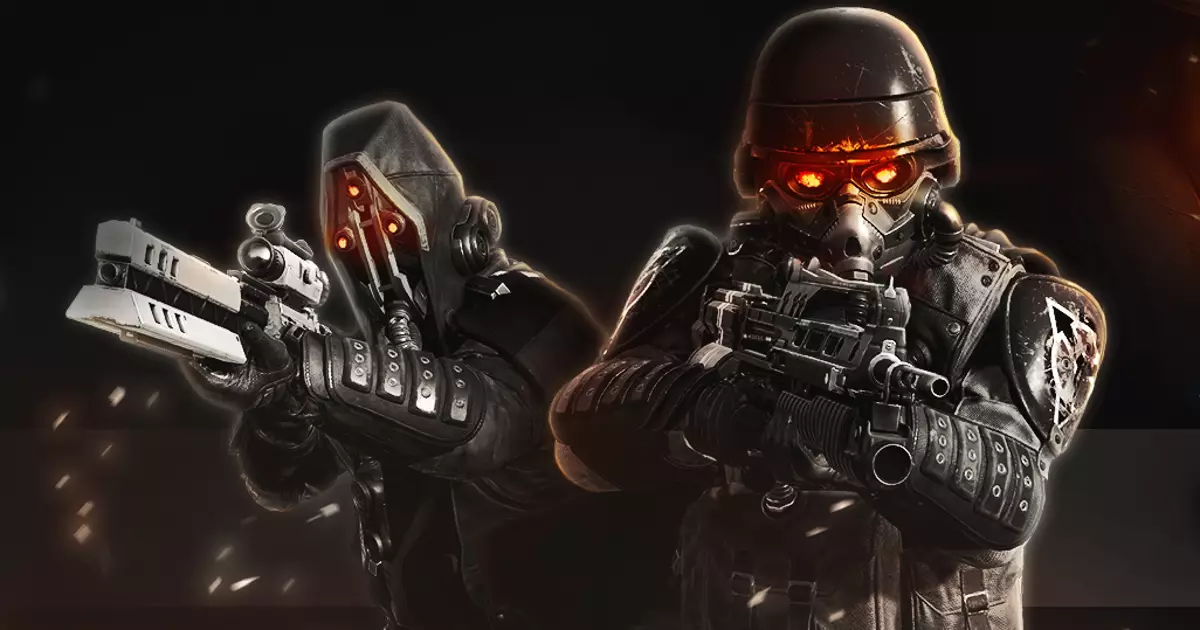The gaming world has always been a fertile ground for crossovers and collaborations, where franchises merge to offer unique experiences. However, when Arrowhead Games announced a partnership with the iconic yet contentious Killzone series, it surfaced a mix of excitement and skepticism. This move brings with it a layer of commentary on the nature of gaming fandom, corporate strategy, and the oft-blurred lines between satire and seriousness in video game narratives.
In an era where game developers frequently seek ways to capture player attention, Arrowhead Games’ alliance with Killzone signifies a play for nostalgia while invoking the dread of its socio-political commentary. The Killzone franchise, often critiqued for its dark themes and militaristic undertones, aligns with Helldivers’ satirical take on intergalactic warfare and democracy. Players are thrust into the absurdity of “liberating” alien worlds, yet their most recent crossover feels unsettlingly ironic as it marries themes of oppression and freedom under the guise of a commercial venture. This combination thrusts gamers back into the grim realities of previous console wars, echoing a narrative that might be more appropriate for an introspective critique than a festive marketing endeavor.
Though the Killzone series is largely relegated to a place of nostalgia, the memories of titles like Killzone 2—a game steeped in expectation but met with mixed reviews—linger in the minds of many gamers. The franchise once emerged as a competitive response to heavyweights like Halo and Call of Duty, and now it finds itself in a peculiar position: a relic of the past breathing new life through an unsuspecting crossover. This juxtaposition not only highlights the rapid evolution of gaming but also raises questions about the necessity of resurrecting old IPs solely for profit.
Drawing from the original crossover announcement, the notion of transferring weapons and cosmetics from Killzone into Helldivers might seem harmless on the surface. However, it coyly references a calculated strategy by Arrowhead to tap into the Killzone fanbase, eliciting a reaction that straddles excitement and fatigue from ongoing monetization tactics in gaming. It suggests an uncomfortable truth; players are now asked to return to a gaming environment they may have long moved past, challenging them to reconcile their joy for nostalgia with the frustration of further monetization.
Moreover, the concept of a “Galactic War” underpinning this collaboration delves into an even deeper layer of irony. Wrapped in the guise of promoting player participation and camaraderie, it effectively acts as a platform for further monetization and competition. The suggestion of additional rewards tied to the “success” within this war raises eyebrows—are players being drawn into a cooperative experience or merely a competitive grind designed to extract more from their wallets?
This scenario accentuates a broader narrative at play within gaming culture: the tension between player choice and corporate strategies. While community engagement is being encouraged through these mechanics, it adds to the growing concern over whether such engagements are genuinely rewarding or simply tactics to prolong player spending. Helldivers 2 and its partnership with Killzone may be an attempt to foster deep narratives but risks becoming an exercise in superficial play.
In embarking on this crossover journey, Arrowhead Games may inadvertently expose several critical fissures in gaming culture. The melding of two franchises is designed to excite, yet it also births disquiet among communities wary of exploitive practices. The irony is palpable: while the narrative seeks liberation and camaraderie, players may instead feel shackled to a wheel of consumerism dressed up as a thrilling gaming experience.
As we watch this union evolve, there’s a palpable tension between enjoying the return of familiar faces and grappling with the very real ramifications of a tech-mediated nostalgia that demands ever more from its audience. Whether the Helldivers X Killzone collaboration achieves its goals of reinvigorating interest in both franchises, or leads to further alienation remains to be seen as players navigate through this unsettling marriage of gameplay and commercialism.


Leave a Reply